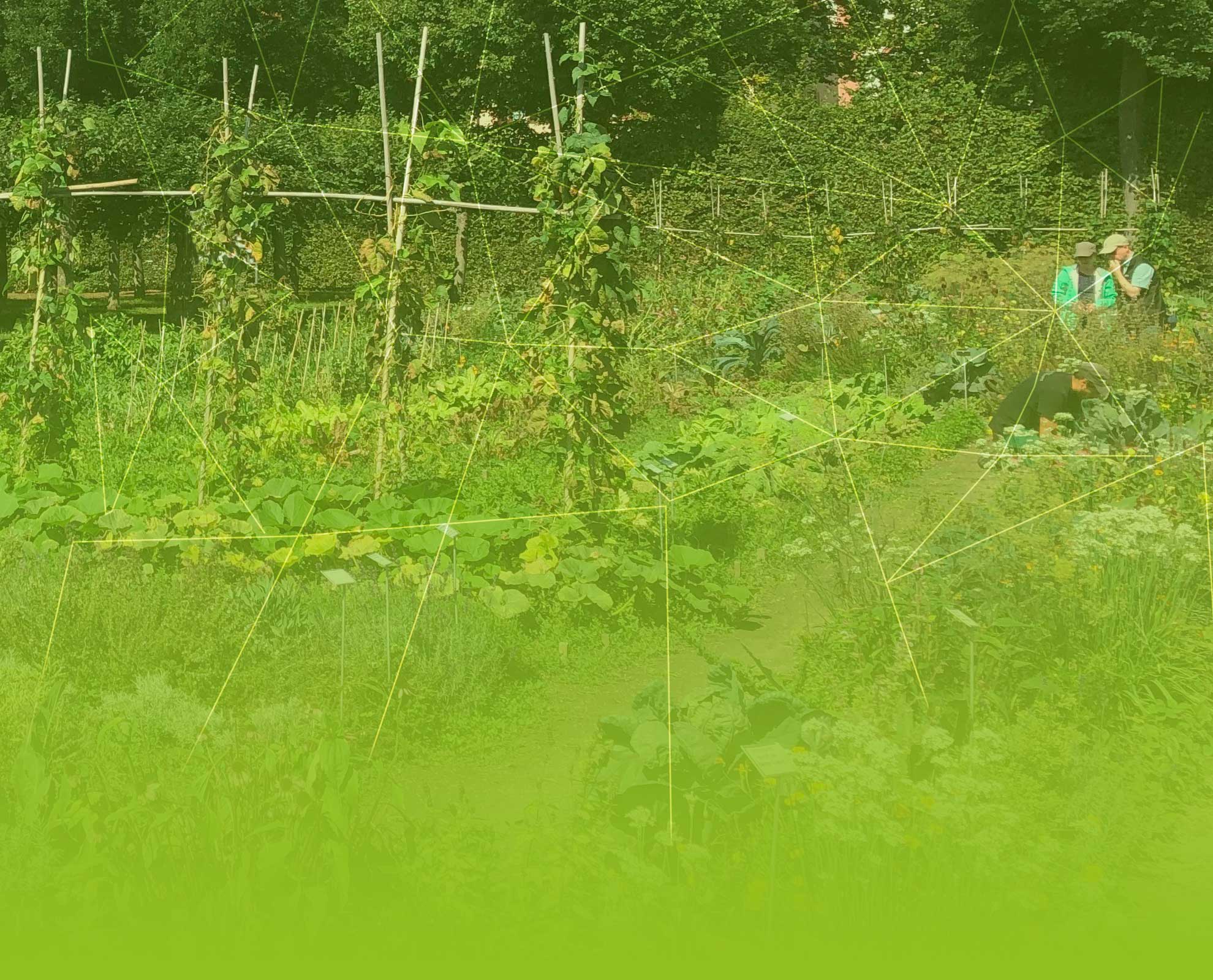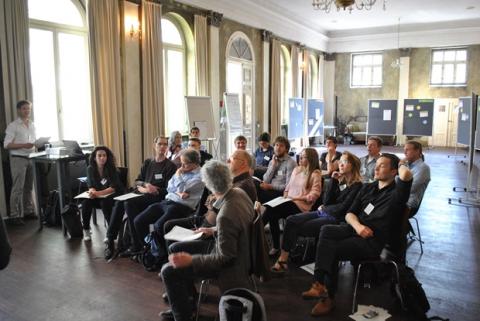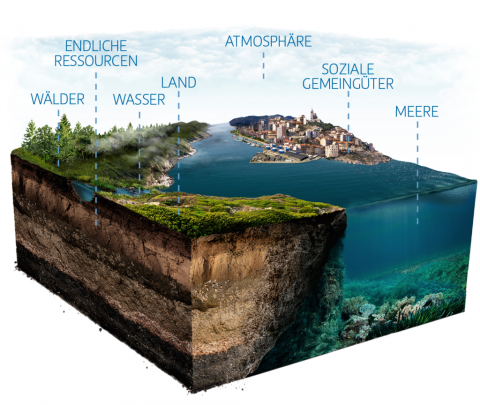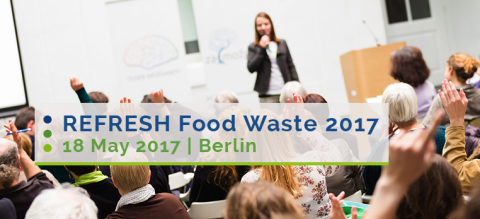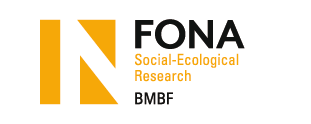In the project "Scientific Coordination of Research Projects on a Sustainable Economy" (NaWiKo) Ecologic Institute coordinatedhttps://nachhaltigeswirtschaften-soef.de/projektergebnisse with Fraunhofer Institute for System and Innovation Research (ISI) and the Environmental Policy Centre, FU Berlin (FFU) 30 research projects, which are funded by the Federal Ministry for Education and Research (Bundesministerium für Bildung und Forschung, BMBF) through the Social-Ecological Research (SÖF) program.

